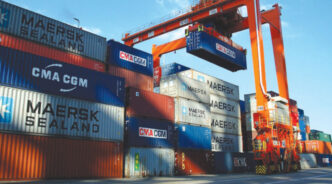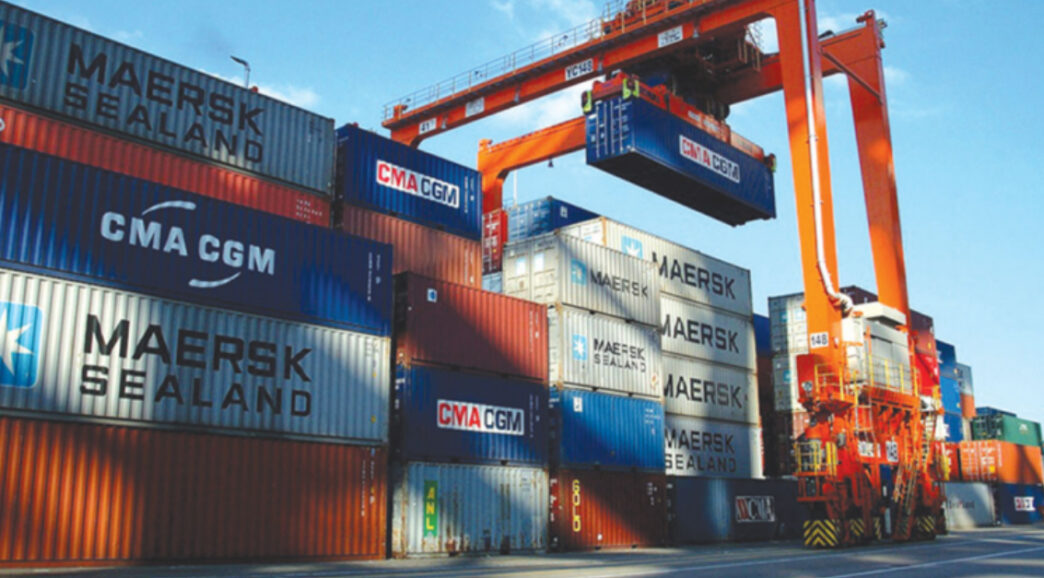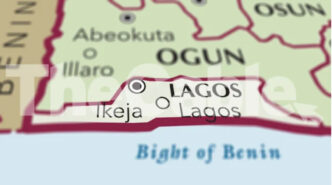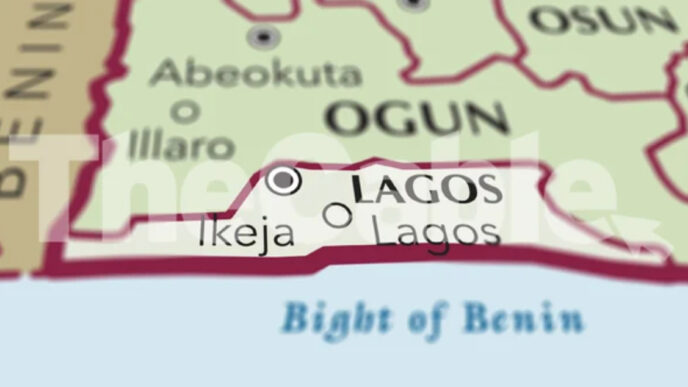Muda Yusuf, chief executive officer (CEO) of the Centre for the Promotion of Private Enterprise (CPPE) has said that the ongoing United States (US) trade tariff war could benefit Nigeria in exports and investments.
Gatekeepers News reports that Yusuf in a statement on Sunday, revealed the economic implications of the US President Donald Trump administration’s policies on the Nigerian economy.
Trump on February 3, signed economic orders imposing significant new tariffs on Canada, Mexico, and China, the country’s largest trading partners.
Yusuf noted that the sweeping trade tariffs on major US trading partners could weaken the global economic growth outlook, dampen global oil demand, and depress oil prices.
The CEO noted that higher inflation in the US, driven by the trade war, could lead to imported inflation for Nigerian goods sourced from America.
He said, “ The Trump administration has demonstrated an unequivocal commitment to the ideology of economic nationalism, protectionism, deglobalisation, unilateralism and reciprocity, and fragmentation of the global economy.”
“This has unleashed a flurry of retaliatory trade policy actions from a number of countries across a wide range of product groups, even by the close allies of the United States.”
“Given the current trade policy disposition of the Trump Administration, AGOA faces the prospect of being terminated. Although Nigeria has very little to show for the opportunities offered by AGOA.”
“Meanwhile, the tariff war offers some opportunities for export and investment for Nigeria, taking advantage of the gaps that the trade war may create in the countries involved, to the extent that Nigeria is not a victim of the tariff actions.”
“There is the prospect of high inflation in the USA as a result of the current tariff war.
“This thus creates a possibility of imported inflation from the USA for products imported from USA to Nigeria.”
Yusuf noted that the trade war may create export opportunities for Nigeria by filling supply gaps that the tariff war could leave in the American market.
He added that Nigerian companies could position themselves strategically to benefit from the imminent supply gaps.
The CEO said, “New bilateral and multilateral trade alliances are likely to evolve due to the ongoing trade war.”
“The trade war may trigger a disruption of global supply chains, which may adversely affect the global economy, especially from a cost of supplies perspective for imported goods.”
“President Trump perceives members of BRICS and their allies as United States adversaries, seeking to reverse the dominance of the dollar in the global financial order.”
Yusuf also noted that there is a huge number of Nigerian diaspora in United States estimated at 500,000, who could be affected by the current immigration policy on documentation.











